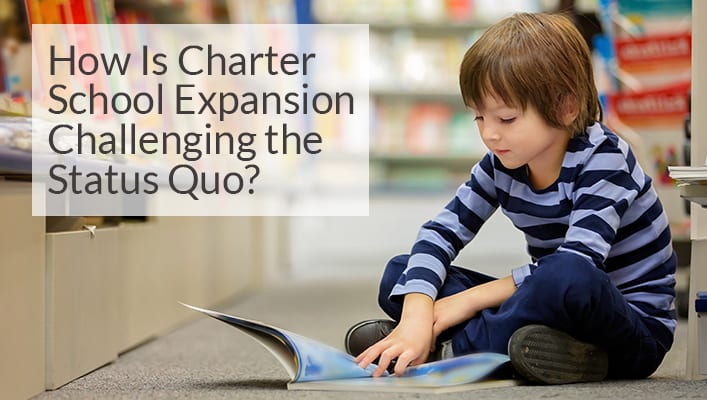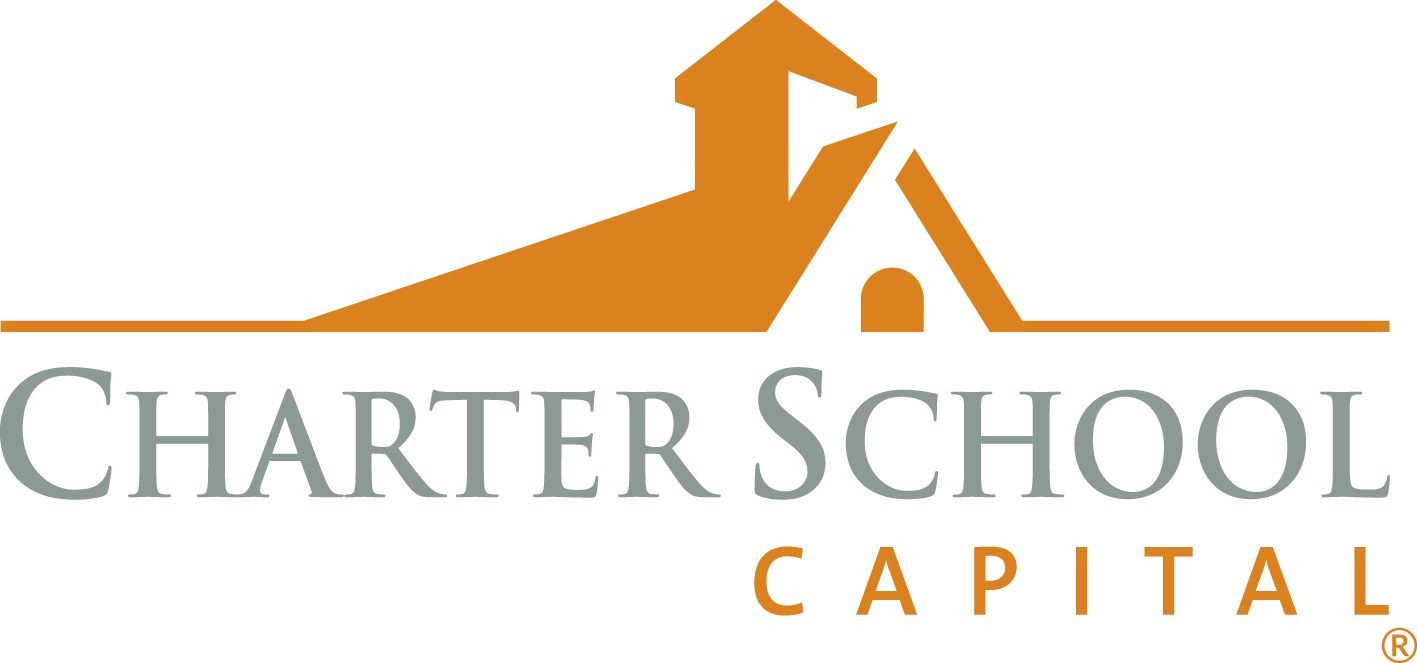 How Is Charter School Expansion Challenging the Status Quo?
How Is Charter School Expansion Challenging the Status Quo?
This video was originally published here by PragerU. It asks the question if every other sector of the American economy has the opportunity to benefit from the ability to compete and improve, why not the education sector? And, is it unfair to hold minority parents and students hostage in underperforming public schools? Overall, charter school expansion has provided an entrepreneurial challenge to the status quo and delivered results that make it worth continuing to expand this educational option for parents.
Our mission is to see continued charter school expansion, the overall growth of the charter school movement, and more students better served by having educational choice. We think it’s vital to keep tabs on the pulse of all things related to charter schools, including informational resources, and how to support charter school growth and the advancement of the charter school movement as a whole. We hope you find this—and any other post that we curate—both interesting and valuable. Please watch the video and read the transcript below to learn more.
Are Charter Schools Better Than Traditional Public Schools?
Historically, education in the United States has been split between private schools and traditional public schools. However, this dynamic changed in 1991 when Minnesota passed the first law establishing charter schools in the state. Since then, a majority of states have some kind of charter school system. But what exactly is a charter school?
What are Charter Schools?
• Charter schools offer education ranging in grades K through 12 without charge to students.
• Charter schools are funded with tax dollars but are generally subject to fewer rules and regulations than traditional public schools and they usually receive less public funds per pupil than public schools.
• Charter school students typically take the state required standardized tests as public school students.
• Depending on state law, these schools can be started by parents, teachers, nonprofit groups, corporations or even government organizations.
• Charter schools may focus on specific skills and subjects like math or science or may be aimed at students who require alternative learning methods such as teaching lessons that use visual or more hands-on approaches.
But these entities just can’t start one whenever they please. They must first obtain authorization from either the school district, city or state, depending on how the charter school laws are structured. And the charter school model has achieved various levels of success.
Charter School Expansion
Over the past 25 years, the number of charter schools in the US has skyrocketed, forcing more competition and faster improvement among existing public and private schools. As of 2016, there are almost 7,000 charter schools serving three million students and since 2000, charter school enrollment has increased by 600%.
But as charter schools have become more popular, opposition has grown. Teacher unions and other public school activists argue that charter schools take money away from traditional public schools. However, it’s unfair to hold minority parents and students hostage in underperforming public schools.
Challenging the Status Quo
Overall, charter schools have provided an entrepreneurial challenge to the status quo and delivered results that make it worth expanding this option for parents. According to a 2015 Stanford study, not only do charter schools provide significantly higher levels of growth in math and reading for all students, but minority and low-income students benefit disproportionately more.
Charter schools are becoming a bigger part of the US education system every year and for millions of American families, they offer a much-needed choice that’s different than a one size fits all public school.
Every other sector of the American economy has benefited from the ability to compete and improve, why not education?
Since the company’s inception in 2007, Charter School Capital has been committed to the success of charter schools. We provide growth capital and facilities financing to  charter schools nationwide. Our depth of experience working with charter school leaders and our knowledge of how to address charter school financial and operational needs have allowed us to provide over $1.6 billion in support of 600 charter schools that educate 800,000 students across the country. For more information on how we can support your charter school, contact us. We’d love to work with you!
charter schools nationwide. Our depth of experience working with charter school leaders and our knowledge of how to address charter school financial and operational needs have allowed us to provide over $1.6 billion in support of 600 charter schools that educate 800,000 students across the country. For more information on how we can support your charter school, contact us. We’d love to work with you!
nbsp;